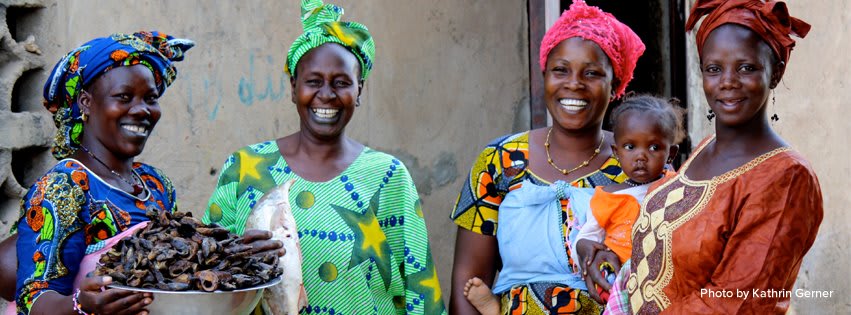
1.4B people lack access to basic financial services. We believe financial access should not be a privilege for some, but a right for all.
Kiva is a nonprofit that envisions an equitable world where everyone, regardless of economic circumstances, has the opportunity to thrive. Kiva helps underserved communities access and use financial services with confidence and independence while building resilience to financial shocks. With financial inclusion, alongside improved financial literacy and skills, people can start and grow businesses, invest in their local economies, and build assets that improve generational outcomes for families and communities.
By supporting Kiva, you support someone else’s dreams.
Learn more about our impact and how we're reaching populations most overlooked by traditional financial institutions, including:
- Underbanked women: Globally, over 740 million women lack access to financial services due to systemic gender biases, collateral requirements, and restrictive societal norms or laws. Kiva addresses these barriers by prioritizing women borrowers, with over 80% of our loans supporting women, and robust programs to help our partners adopt gender-forward policies and products.
- Refugees and displaced people: With over 100 million individuals displaced by conflict and disasters—a number expected to rise—access to capital is crucial for rebuilding lives, yet traditional financial service providers view refugees as too risky. Since 2016, Kiva has extended loans to refugees with a 97% repayment rate, dispelling myths and breaking through systemic barriers.
- Systemically marginalized communities in the U.S.ystemically marginalized communities in the U.S.: There are significant gaps in capital access for marginalized U.S. entrepreneurs. Since 2011, Kiva has supported 10,000 borrowers (of which 72% are BIPOC) with 0-interest, 0-fee loans. Our data shows that 76% of borrowers could not secure funding elsewhere, highlighting Kiva's role as a critical financial lifeline for small businesses.
- Communities impacted by climate change: Climate change hits low-income communities hardest, exacerbating their vulnerability. Kiva supports these communities, particularly smallholder farmers, by providing resources to adapt and build resilience against environmental challenges.
Donors
- G C3
- Ross Gales1
As a business operator these times are hard, supporting small business through tough times is important right now.
